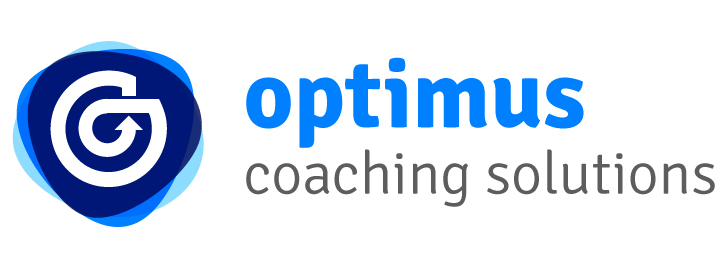Mission of the Coaching Process
Coaching is a facilitating tool designed to partner people who want to improve their responses to different situations/scenarios with a Coach who is specially trained to help them implement and maximize these changes. Successful people need to constantly develop new skills and styles (content and form) as the environment around them (people and situations) changes. The combination of personal characteristics is not the same today as it was 10 years ago, and will certainly not be the same in five years. And that is because the process of change is directly linked to current situations and adversities.
People´s basic traits and characteristics tend to remain unchanged, but the ways in which their needs manifest themselves are constantly changing. One of life´s most fulfilling experiences entails changing habits and behaviors, and this is achieved faster and far more thoroughly when learned through real life situations, rather than when taught academically. Lessons and case studies exercises might help. But the Coaching process really makes a difference.

Difference between Coaching, Counseling, Mentoring, NLP and Therapy
Coaching vs Counseling
Both Coaching and Counseling make use of qualified professionals who help their clients achieve their objectives. However, they each offer a different form of support. While Counseling focuses on solving problems, establishing strategies, action plans, and complying with certain goals, Coaching focuses on learning through action. Coachees will undergo a process of self-discovery that will ultimately empower them to achieve their own goals and dreams.
A Counselor is an expert who brings to the table all his knowledge and experience, and this will have a weigh on the client´s eventual success or failure. A Coach guides his client on a journey of self-discovery, using questions that will eventually lead to self-knowledge. A Counselor may take ownership of a client´s specific task and may provide part of the solution. A Coach, on the contrary, does not interfere with any of his clients´ tasks, but instead helps them to focus and take all necessary actions themselves.
Coaching vs Mentoring
Coaching aims to help clients improve self-knowledge, establish and achieve goals, and ultimately improve behavioral and performance levels. Mentoring, on the other hand, helps shape the beliefs and values of the individual in a positive way (generally it involves a long-term professional relationship with someone “who has done this before”). While the Mentor should have more experience than the mentee, the Coach does not necessarily need to have any experience in the client´s field, as his job is to help the Coachee find the answers to his problems himself (self-revelation).
In general, the Coaching process is short-term and structured through regular meetings between Coach and Coachee, while Mentoring is more informal and occurs when the Mentee needs advice, guidance and support.
Coaching vs NLP
Neuro-linguistic programming (NLP) is the study of how we represent reality in our minds and how we can understand, discover and alter this representation to achieve desired results. The methodology behind the techniques of NLP is called ‘modeling’ and involves the careful reproduction of the behaviors and beliefs of those who have achieved ‘success’. Coaching, on the contrary, does not use pre-established models and formulas, but it works primarily with powerful questions that help Coachees to reformulate their self-knowledge and establish their future goals themselves.
Coaching vs Therapy
Therapy deals with psychological problems of the past, while Coaching deals with the present and helps clients establish clear and specific goals for the future. In Coaching the past can be occasionally discussed, but only in the context of self-discovery, (i.e. what could be blocking the client to move on ?). The focus of Coaching is always in change and taking action, and not in reflection and understanding, as it occurs in Therapy.
The Therapist has the ability to diagnose, advise and provide the answers that the client needs to hear. The Coach’s job is to help clients to see clearly, on their own, the actions that should be taken to promote the desired changes.
roman.br@optimuscoachingsolutions.com | +5511 99450-9195 – Brasil
elegie.br@optimuscoachingsolutions.com |+5511 97693-8374 – Brasil
bianca.optimus.us@gmail.com | +1 716 392-3473 - USA
michel.optimus.mx@gmail.com | +52 155 4028-9882 -
Mexico
flavia.ar@optimuscoachingsolutions.com | +54911 5463-3663 - Argentina
contato@optimuscoachingsolutions.com
